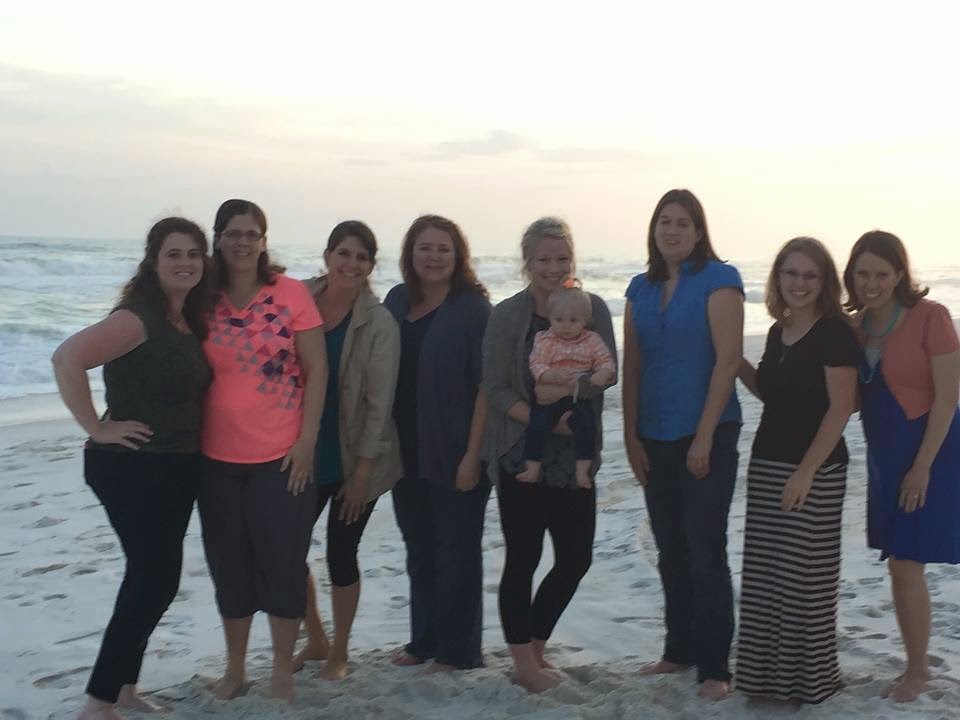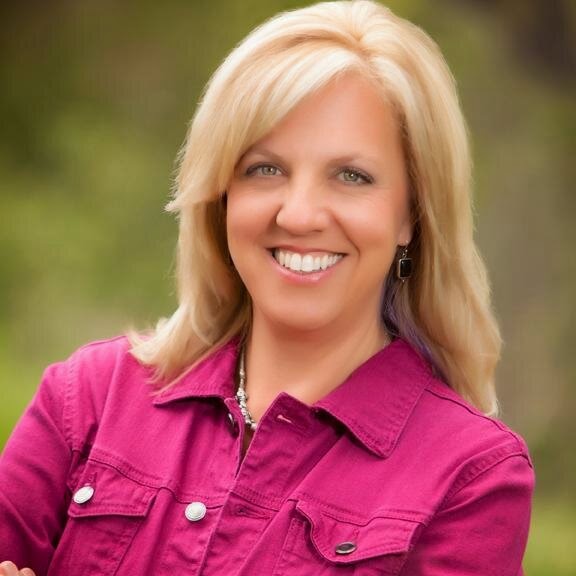My whole "author" life, I've been plagued by something.
The FEAR of marketing.
I was taught all my life that JESUS needs to be the center, NOT ME.
That selfishness was BAD, selfLESSness was good.
That letting your good works be done in private means you get your crowns in heaven instead of on earth, and I don't know about y'all, but heaven's crowns sound MUCH better that the cheap imitations we have here.
But then God called me to be an author.
No longer was I to sit behind the scenes. No longer was I to just support other people's callings, but I had my OWN calling, and that involved pesky little things like my name on a cover, my picture on the back of a book, and having to put this very personal thing that is a book that I'd written out and ask/hope/plan on how to get people to purchase it.
And I get it. I've been in the business world long enough to know that marketing is important.
Does a tree falling in the woods with no one to hear it actually make noise if there are no ears to hear?
And does publishing a book even matter if no one actually reads it?
Some people are called to write, and that is all. If that is your calling, FABULOUS, because God's callings are so very important. HE wants glory from that writing, regardless of how he chooses to use it.
But some people are called to publish, and that's where, at the moment, I live. God has called me to make my ministry also my career. And that, my friends, is where my problem starts.
How do I market my book according to traditional business principles and stay selfless? How do I put the focus on GOD when my name is blaring on the cover instead of his? How do I not come across as some greedy person who is using God's name to make money?
Because none of those things I want.
What I WANT is to use my gift for God's glory. What I WANT is for God to give me stories to write, and to be obedient and write them so they can be used to further his kingdom.
That is my heart.
A few weekends ago, I went to a women's conference at a local church in our area. It was an IF:LOCAL group, where we broadcasted a live feed from the IF:Gathering in Austin, Texas.
To say it was impacting and life changing is a massive understatement.
I honestly had zero expectations when I went into it, just knowing that Spiritually I'd been a bit "meh" lately and even in my writing, everything was feeling forced and NOT blessed by God.
I could write for hours on all the things rolling around in my head, but one phrase that really struck me I knew immediately I needed to share with all my writing friends.
I don't even remember whose section it is to give it correct attribution (but you can download the whole conference for $35 at
www.ifgathering.com if you'd like, which I HIGHLY HIGHLY recommend...) but this is what she said.
"Be more concerned with GOD'S MARK than man's marketing."
WOW.
Here me: I'm not saying marketing isn't important or necessary. I don't think the speaker was saying this either. (She's an author herself, I believe!)
But in that moment, it hit me.
I've been trying to market my books given the world's view of marketing.
I write for Jesus. I publish for Jesus. But I've always viewed marketing as something carnal, for myself, and thus, I use man's measuring stick and man's advice on how to approach it.
What would happen if our FOCUS was on seeking GOD'S face in both our writing AND our marketing? What would happen if our books were laid before God and given HIS mark of approval before we ever put them on the market before God?
The mark of God is worth far more than any endorsement by man.
I'm not preaching a new marketing scheme, y'all. Don't go away from this blog post trying to strategize how to achieve God's mark so you can sell more books. If you do, then you're missing the whole point.
My prayer is that you go away from this blog post seeing the importance of seeking God in
everything, your writing and marketing included.
Because none of this should be about us.
Not one thing.
It should all be completely about Jesus and bringing him glory. It's the difference between buying in to Jesus and being SOLD OUT for Jesus.
I don't know about you guys, but I'd love for my shelves to be bear and people ask, "Hey, where are all your books?" And my answer can happily be, "Oh, sorry. I'm sold out for Jesus!"
Discussion: Have you struggled with the idea of marketing because it felt selfish? What do you think about the concept of seeking God's mark vs. man's marketing?










.JPG)















































